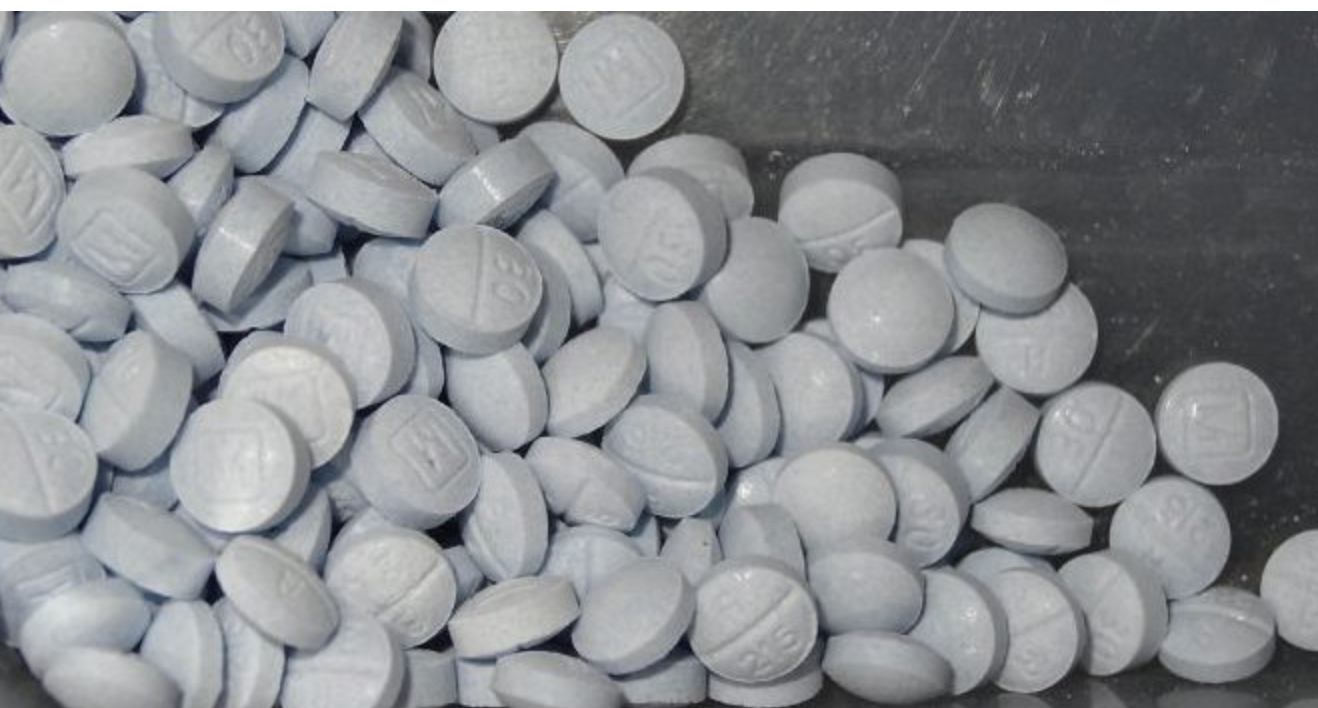Although psychiatric drug withdrawal syndromes have been recognized since the 1950s – recent studies confirm antidepressant withdrawal syndrome incidence upwards of 40% – medical information about how to safely go off the drugs has been lacking.
To fill this gap, over the last 25 years, patients have developed a robust Internet-based subculture of peer support for tapering off psychiatric drugs and recovering from withdrawal syndrome.
This account from the founder of such an online community covers lessons learned from thousands of patients regarding common experiences with medical providers, identification of adverse drug reactions, risk factors for withdrawal, tapering techniques, withdrawal symptoms, protracted withdrawal syndrome, and strategies to cope with symptoms, in the context of the existing scientific literature.
What I have learnt from helping thousands of people taper off antidepressants and other psychotropic medications
Adele Framer, Founder, SurvivingAntidepressants.org
Although psychiatric drug withdrawal syndromes have been recognized since the 1950s – recent studies confirm antidepressant withdrawal syndrome incidence upwards of 40% – medical information about how to safely go off the drugs has been lacking.
To fill this gap, over the last 25 years, patients have developed a robust Internet-based subculture of volunteer peer support for tapering off psychiatric drugs and recovering from withdrawal syndrome.
Since 2011, under the pseudonym Altostrata, I have operated one of those online communities, SurvivingAntidepressants.org. It is frequently mentioned in articles, books, papers, and websites about psychiatric drug withdrawal, even in continuing medical information about psychiatric de-prescribing.
I endured 11 years of protracted antidepressant withdrawal syndrome myself. To understand my own condition, since 2004 I have read everything I could find about psychiatric drug adverse effects, tapering, and withdrawal syndromes.
Online, I have communicated with or been a peer counselor to more than 10,000 individuals seeking support for psychiatric drug withdrawal. It is as a patient advocate and lay expert in psychiatric drug withdrawal syndromes that I offer impressions of major themes from my experience.
My interest in psychiatric drug withdrawal
I started SurvivingAntidepressants.org because of my own awful experience of antidepressant withdrawal. At age 50, in excellent physical health, I was prescribed 10 mg paroxetine for work stress, following which I developed sexual dysfunction, emotional anesthesia, and, after a couple of years, demotivation.
After a disastrous psychiatrist-directed switch to escitalopram, I sought tapering advice at the nearby outpatient psychiatric clinic of an internationally recognized university medical center. Receiving none, I went off paroxetine over a few weeks in 2004. A few years prior, I had stepped off 2 years’ treatment with 10 mg fluoxetine, another common selective serotonin reuptake inhibitor (SSRI), for pre-menstrual symptoms with no difficulty.
Off paroxetine, I initially experienced hypomania, sweating, and electrical-feeling “brain zaps”,26 the last continuing for 7 months. After several weeks, my acute withdrawal symptom pattern changed to other odd symptoms, among them disorientation, depersonalization, insomnia, light and heat intolerance, indigestion, palpitations, and unease,27 punctuated by spontaneous weeping spells, attacks of sheer terror, or sudden plunges into unprecedented contentless black holes of pure dread.
I felt a vacuum of positive emotion as well as genital anesthesia (post-SSRI sexual dysfunction or PSSD), which took several years to resolve.29,30 I had never felt anything like this before. It did not feel like “relapse”. I spent hours hunting for journal articles about antidepressant withdrawal syndrome. My request to my psychiatrists for reinstatement of paroxetine, as the literature said was appropriate, was refused … READ MORE.



